Debt Consolidation Loans in South Africa
Compare Consolidation Loan Lenders and Make a Better Loan Decision.
Get Pre-approved Loan Offers
*Representative example: Estimated repayments of a loan of R30 000 over 36 months at a maximum interest rate, including fees of 27.5% APR would be R1 232.82 per month. BetterLoans is an online loan broker and not a lender. Our service is free, and we work with NCR-licensed lenders in South Africa. Interest rates charged by lenders can start as low as 20% APR, including an initiation and service fee determined by the lender. The interest rate offered depends on the applicant’s credit score and other factors at the lender’s discretion. Loan amount R500 – R350 000. Repayment terms can range from 3 – 72 months. The minimum APR is 5%, and the maximum APR is 60%.
Some Lenders We Compare
As the world economy fluctuates, many South Africans grapple with multiple debts. In such circumstances, consolidation loans can be a beacon of hope. This financial tool simplifies multiple debts into a single payment, often with a lower interest rate. Here we will comprehensively explain consolidation loans within the South African context.
Compare Consolidation Loan Lenders in South Africa
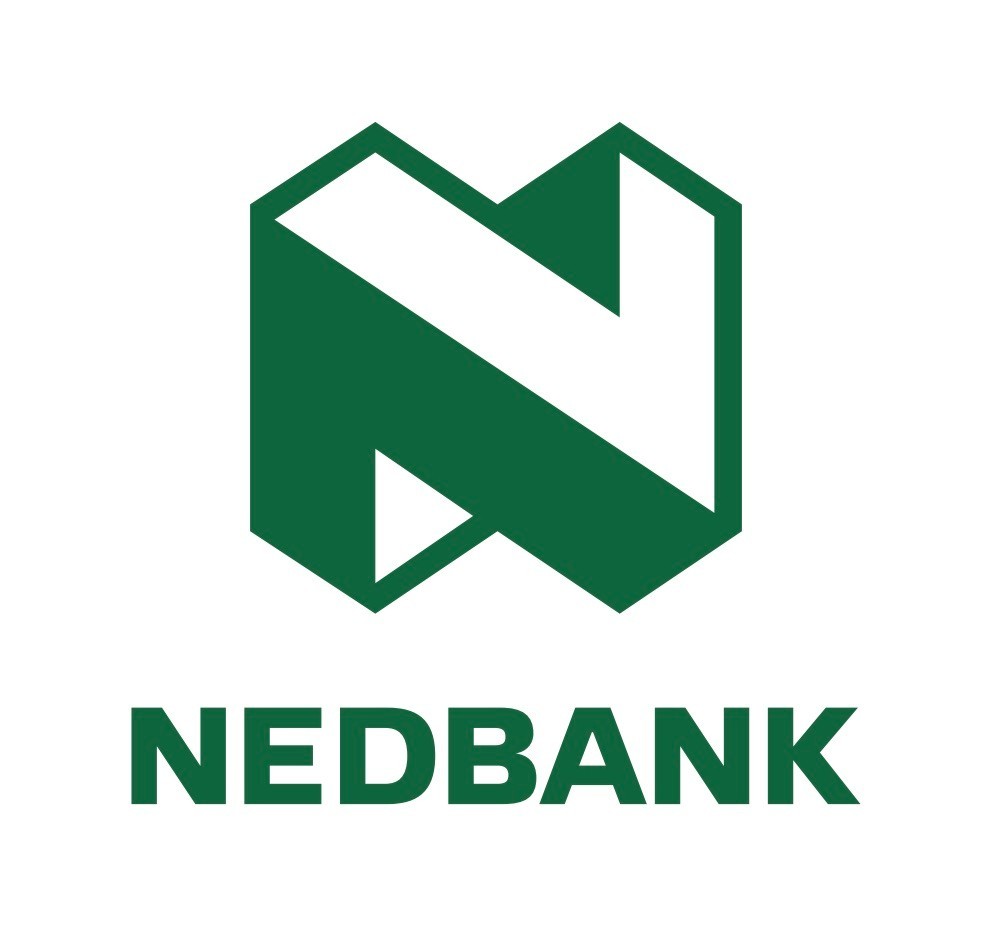
Nedbank Consolidation Loan
- Loan amount: R2 000 - R300 000
- Loan term: 6 - 72 months
- Annual Interest Rate: 11.25% - 28.75%
- Initiation fee: Up to R1 207
- Monthly service fee: R69
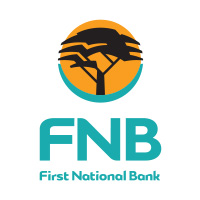
FNB Consolidation Loan
- Loan amount: Up to R300 000
- Loan term: 1 - 60 months
- Annual Interest Rate: 17% - 28.75%
- Initiation fee: Up to R1 207
- Monthly service fee: R69
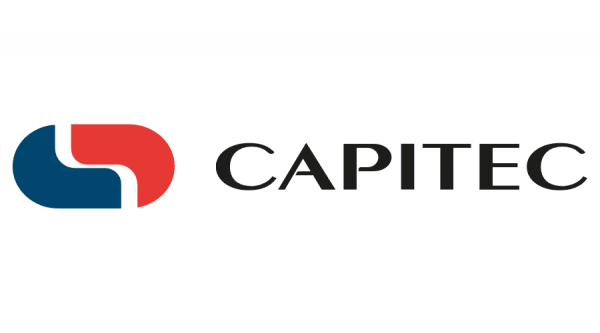
Capitec Bank Consolidation Loan
- Loan amount: R1 000 - R250 000
- Loan term: 7 - 84 months
- Annual Interest Rate: 13.25% - 28.75%
- Initiation fee: R1 207
- Monthly service fee: R69
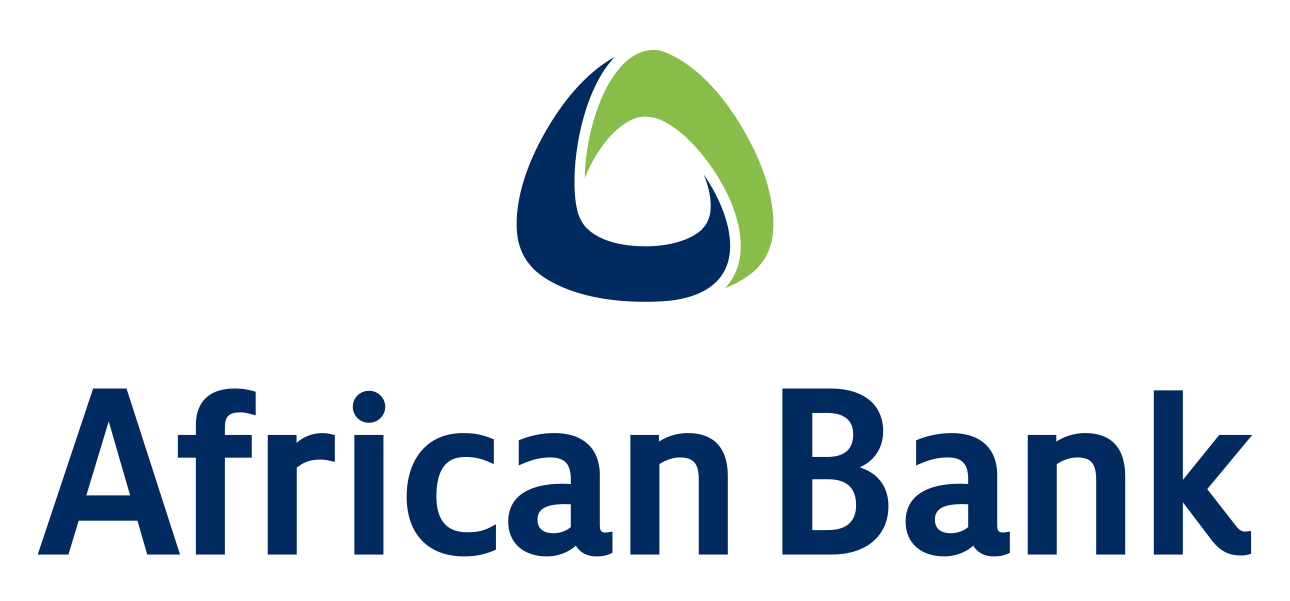
African Bank Consolidation Loan
- Loan amount: R2 000 - R350 000
- Loan term: 7 - 72 months
- Annual Interest Rate: 12% - 24.5%
- Initiation fee: R1 197
- Monthly service fee: R69
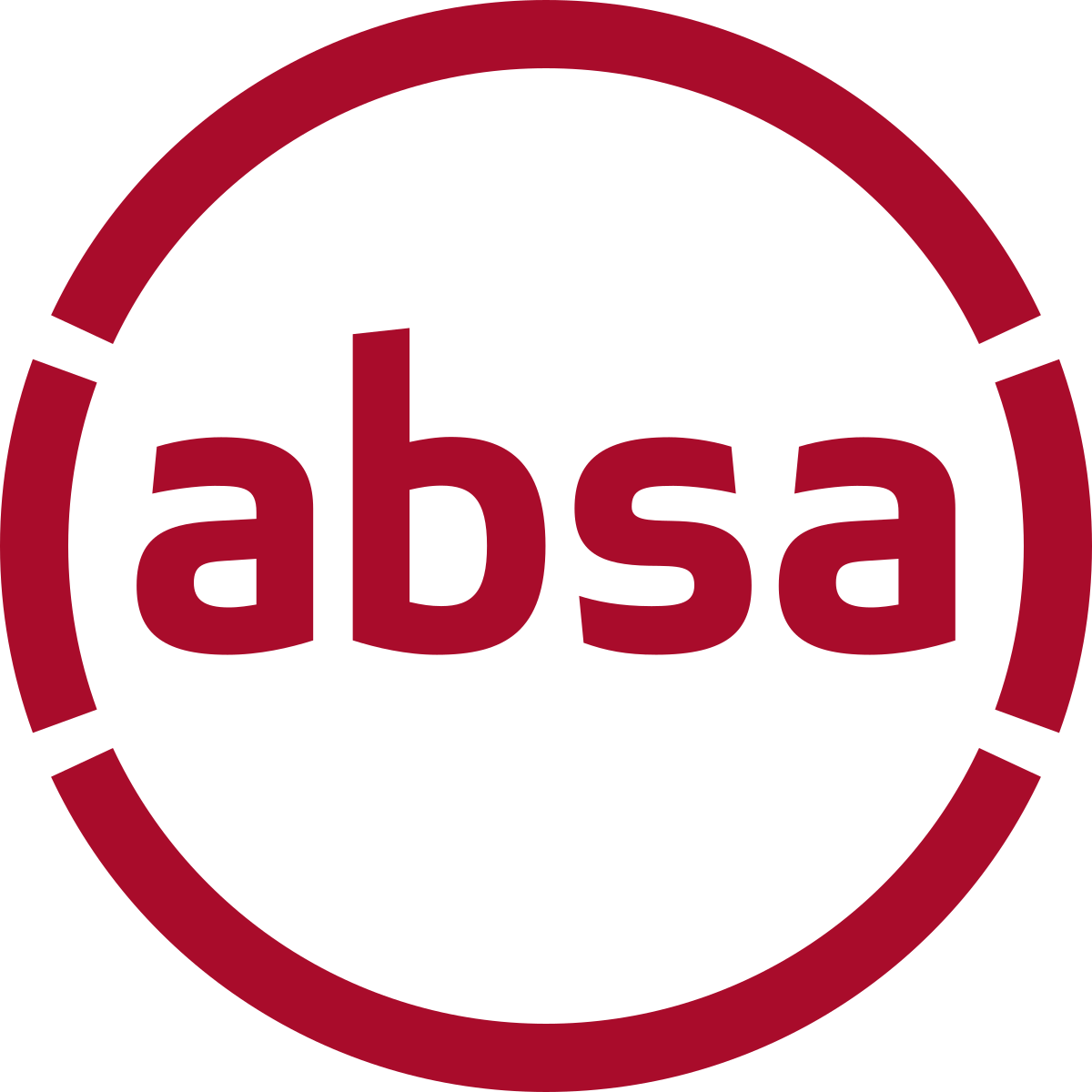
Absa Consolidation Loan
- Loan amount: R3 000 - R300 000
- Loan term: 12 - 84 months
- Annual Interest Rate: 11% - 28%
- Initiation fee: Up to R1 207
- Monthly service fee: R69

Old Mutual Consolidation Loan
- Loan amount: R2 000 - R250 000
- Loan term: 3 - 72 months
- Annual Interest Rate: Up to 27.25%
- Initiation fee: R165 + 10% of the loan amount. Max. R1 050
- Monthly service fee: R60
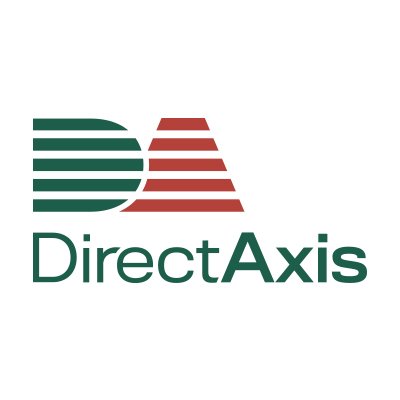
DirectAxis Consolidation Loan
- Loan amount: R5 000 - R300 000
- Loan term: 24 - 72 months
- Annual Interest Rate: Up to 28.75%
- Initiation fee: Up to R1 207
- Monthly service fee: R69

Letsatsi Finance Consolidation Loan
- Loan amount: R1 000 - R50 000
- Loan term: 7 - 13 months
- Annual Interest Rate: Up to 28.75%
- Initiation fee: n/a
- Monthly service fee: n/a
Understanding Consolidation Loans in South Africa
A debt consolidation loan is a financial product that allows individuals to combine multiple debts into a single loan with one monthly payment. It essentially merges different forms of debts, such as credit cards, personal loans, and store cards, into a single debt. The primary purpose is to simplify debt management and potentially reduce the interest rate.
Types of Consolidation Loans in South Africa
In South Africa, various consolidation loans are available, each with its features and requirements. Here are some common types:
- Unsecured Consolidation Loan: This type of loan doesn’t require collateral. The lender grants the loan based on your creditworthiness, income, and other factors. The interest rate on this type of loan is typically higher due to the increased risk to the lender.
- Secured Consolidation Loan: This type of loan requires an asset, such as a home or car, as collateral. The lender can claim this asset if you fail to repay the loan. Secured consolidation loans usually offer lower interest rates because they pose less risk to the lender.
- Balance Transfer Credit Card: A balance transfer credit card allows you to move your debts onto one credit card, often with a lower introductory interest rate. This helps consolidate credit card debts but requires discipline to pay off the balance before the introductory period ends and the interest rate increases.
- Home Equity Loan or Line of Credit: If you own a home, you might be able to tap into your home equity to pay off your debts. Home equity loans and lines of credit offer low interest rates, but they put your home at risk if you can’t keep up with the payments.
- Debt Counselling Program: While not a loan, a debt counselling program can consolidate your debts into one monthly payment. The program negotiates with creditors to reduce interest rates and create a manageable repayment plan.
Remember, each type of consolidation loan carries its risks and benefits. Understanding the terms and conditions of the loan before committing is crucial.
Benefits of Consolidation Loans
Consolidation loans are a lifeline for individuals struggling to manage multiple debts. Here are some of the key benefits that these loans offer:
- Simplified Payments: Managing multiple debts is challenging. With a consolidation loan, all your debts are combined into one. This means you only need to keep track of one monthly payment, simplifying your debt management.
- Potentially Lower Interest Rate: One of the main advantages of a consolidation loan is the potential for a lower interest rate, especially when consolidating high-interest debts like credit cards. This results in significant savings over the life of the loan.
- Fixed Repayment Schedule: Consolidation loans often come with a fixed repayment schedule. This means you’ll know exactly how much you need to pay each month and when your debt will be completely paid off, making it easier to plan your finances.
- Improved Credit Profile: Making regular, on-time payments on a consolidation loan can improve your credit score over time. This benefits future credit applications, as lenders often look at credit history when deciding whether to approve a loan.
- Reduced Financial Stress: Juggling multiple debts is stressful. By consolidating your debts into one loan, you reduce the mental burden and stress of managing numerous debts.
- Potential for Lower Monthly Payments: Depending on the terms of your consolidation loan, you may be able to lower your overall monthly payments, freeing up cash for other expenses or savings.
Potential Drawbacks of Consolidation Loans
While consolidation loans offer several benefits, they also have potential drawbacks. Understanding these is crucial before deciding if a consolidation loan is the right choice. Here are some possible pitfalls:
- Higher Total Interest Payment: While a consolidation loan might lower your monthly interest rate, extending the repayment term could result in a higher total interest payment over the life of the loan.
- Risk of More Debt: Consolidating your debts might provide temporary financial relief, which could lead to a false sense of security and the temptation to accumulate more debt. Remember, the consolidation loan didn’t erase any debt but restructured it.
- Secured Loans Risk: If you choose a secured consolidation loan (where you provide an asset as collateral), you risk losing that asset if you fail to make payments.
- Fees: Some consolidation loans come with fees, such as origination fees or prepayment penalties, which could add to the overall cost of the loan.
- Credit Score Impact: Applying for a consolidation loan can cause a temporary dip in your credit score, as lenders perform a hard credit check during the application process.
- Longer Repayment Period: Consolidation loans may have longer repayment periods than your original loans. This means you will be in debt longer, even with lower monthly payments.
The Process of Obtaining a Debt Consolidation Loan in South Africa
Obtaining a debt consolidation loan in South Africa involves several steps. Here’s a general outline of the process:
- Assess Your Financial Situation: The first step is to take stock of your current financial situation. Assessing your financial situation involves listing all your debts, including the amount you owe, the interest rate, and the monthly payment for each.
- Research and Compare Lenders: Not all lenders offer the same terms and conditions. Research various lenders and compare their interest rates, fees, loan terms, and customer reviews. Choose a lender registered with the National Credit Regulator (NCR).
- Check Eligibility Requirements: Different lenders have different eligibility requirements. These can include minimum income levels, employment status, and credit score. Make sure you qualify for the loan before applying.
- Apply for the Loan: Once you’ve chosen a lender, you must complete an application form. This usually involves providing details about your income, employment, and debts. The lender will also perform a credit check.
- Loan Approval and Disbursement: If your application is approved, the lender will provide a loan agreement outlining the loan terms. Once you sign and return this agreement, the lender will typically disburse the funds directly to your creditors to pay off your debts. On some occasions, the loan amount is disbursed to your bank account and you will have to settle the creditors yourself.
- Repayment: After consolidating your debts, you’ll start making regular instalments every month to the lender according to the agreed-upon schedule.
Choosing the Right Consolidation Loan in South Africa
Consider the interest rate, loan term, and fees when choosing a consolidation loan. Compare offers from different South African lenders to find the best deal. It’s crucial to read the loan agreement carefully to understand your obligations and the cost of the loan. Always opt for a reputable lender registered with the NCR.
Regulation of Consolidation Loans in South Africa
The NCR was established under the National Credit Act 34 of 2005, replacing the previous Usury Act and Credit Agreements Act. The creation of the NCR marked a new era for regulating the credit industry in South Africa, aiming to promote a fair and non-discriminatory marketplace for access to consumer credit.
The National Credit Act introduced various protective measures for consumers. For example, it established comprehensive criteria lenders must follow when assessing a borrower’s loan repayment ability. This measure is designed to prevent consumers from becoming overly indebted.
The NCR also oversees the conduct of credit providers, credit bureaus, and debt counsellors. It ensures that these entities comply with the provisions of the National Credit Act. The regulator has the power to investigate complaints and ensure enforcement of the Act.
Regarding consolidation loans, the NCR’s role is to ensure lenders adhere to responsible lending practices. This includes providing clear and understandable information about the loan terms, conducting proper affordability assessments before granting a loan, and treating customers fairly throughout the loan term.
Consolidation Loan Calculator
Alternatives to Consolidation Loans in South Africa
Before settling on a consolidation loan, it’s important to consider other debt management strategies. Here are some viable alternatives available in South Africa:
- Debt Counselling: This is a formal and closely regulated process in South Africa. It involves a debt counsellor working on your behalf to negotiate lower payments with your creditors, thereby making your debt more manageable.
- Debt Review: A debt review is another process a debt counsellor manages. The counsellor assesses your outstanding debt and develops a restructured debt repayment plan. This new plan is designed to be more affordable and is presented to your creditors for approval.
- Voluntary Sequestration: Although a last-resort option, declaring bankruptcy can wipe out most of your debts. However, it has severe implications for your credit profile and future borrowing potential.
- DIY Debt Repayment Methods: These involve self-guided strategies for paying off your debt. Two popular methods are:
- Snowball Method: With this method, you focus on paying off your debts from the smallest to the largest. As each small debt is paid off, you roll the money you were paying on that debt into the next smallest balance.
- Avalanche Method: Here, you make minimum payments on all debts, but use any remaining money to pay the debt with the highest interest rate. Once that’s paid off, you move on to the debt with the next highest rate.
Each of these alternatives has pros and cons, and what works best depends on your financial circumstances.
Tips for Managing Debt Post-Consolidation in South Africa
Once you’ve consolidated your debts into one manageable loan, it’s critical to maintain good financial habits to avoid falling back into a cycle of debt. Here are some tips to help manage your finances effectively:
- Create a Budget: Develop a realistic budget including your monthly income, expenses, and consolidation loan payment. A budget is a roadmap for your spending and saving.
- Stick to Your Budget: Once you’ve created a budget, it’s essential to stick to it. Keep track of your expenses and adjust your budget to ensure you live within your means.
- Avoid New Debts: Remember, a consolidation loan doesn’t eliminate your debt; it merely restructures it. Avoid taking on new debts, which could exacerbate your financial situation.
- Save for Emergencies: Build an emergency fund to cover unexpected expenses. This fund prevents you from needing more debt when unexpected costs arise.
- Seek Financial Advice: Don’t hesitate to seek advice from financial advisors or debt counsellors. They provide valuable insights and strategies to help manage your finances.
- Prioritize Your Consolidation Loan: Make timely payments on your consolidation loan. Timely payments improve your credit score and bring you closer to being debt-free.
By adhering to these tips, you can effectively manage your consolidation loan and work towards a more secure financial future.
Conclusion
In conclusion, consolidation loans can be an effective tool for managing multiple debts in South Africa. However, they require careful consideration and responsible use. By simplifying your debts and potentially lowering your interest rate, consolidation loans can help pave the way to a debt-free future.
Frequently Asked Quetions (FAQ)
Can I get a consolidation loan with a poor credit score?
While possible, it can be more challenging as lenders consider credit scores when approving loans. A poor credit score might lead to higher interest rates or loan rejection.
Can I pay off a consolidation loan early?
Yes, most lenders allow early repayments, but some may charge a fee. Check your loan agreement or consult with your lender for details.
Will a consolidation loan hurt my credit score?
Applying for a consolidation loan may cause a temporary dip in your credit score due to the credit check. However, if you make timely repayments, it can improve your credit score over time.
Can I consolidate my debt if I'm under debt review in South Africa?
No, once under debt review, you cannot take out more credit, including a consolidation loan, until you’ve completed the process.















